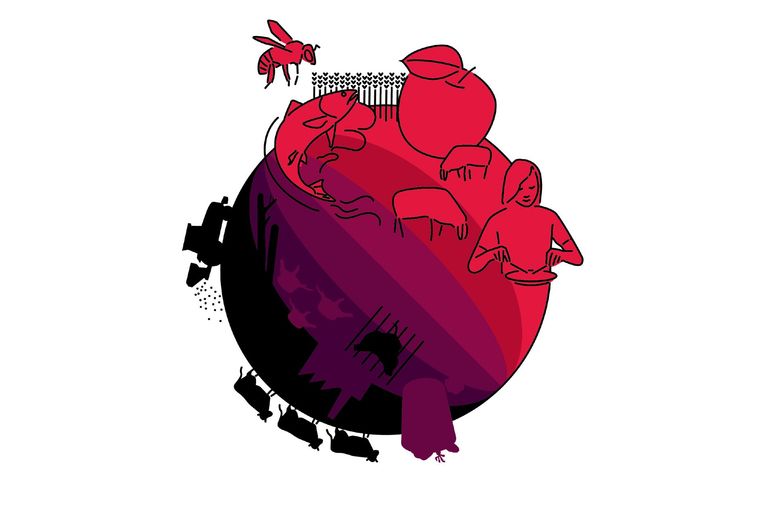Food for People and Planet

Using six priority themes, the "White Paper on Sustainability Research" outlines Switzerland's most urgent research needs in order to meet the UN Sustainable Development Goals.
Current high-input and high-output food systems have many negative consequences for producers, consumers, and natural environments worldwide. Projections based on the increasing wealth of lowand middle-income countries suggest that meat consumption will continue to grow, which will only increase pressure on the environment. It remains unclear how to develop a sustainable food system that is beneficial to all actors and contributes to a global system capable of feeding 9–10 billion people by 2050.
Key unresolved questions
Read White Paper on Sustainability Research:
Video: Green Gold (Microalgae) - Towards Sustainable Food (Food for People and Planet)
Food production - with high inputs and outputs - around the globe has many negative consequences for producers, consumers and the environment. At the same time, more and more people are populating the earth, but the agricultural land remains the same. Meat consumption is expected to continue to grow due to the increasing prosperity of low- and middle-income countries. So in order to survive, more sustainable and efficient food systems will be needed in the future. Researchers are already working on a possible solution with micro-algae.
This video was created by students of the Multimedia Production course in the Corporate Communications module at the Bern University of Applied Sciences. The multimedia projects were created as part of a collaboration between WWF Switzerland and the three Multimedia Production classes at the Universities of Applied Sciences in Graubünden and Bern.
